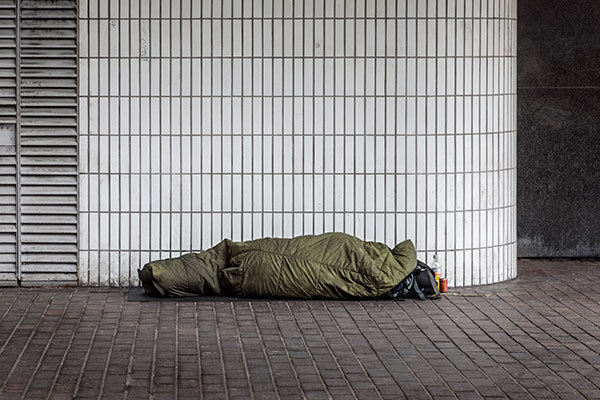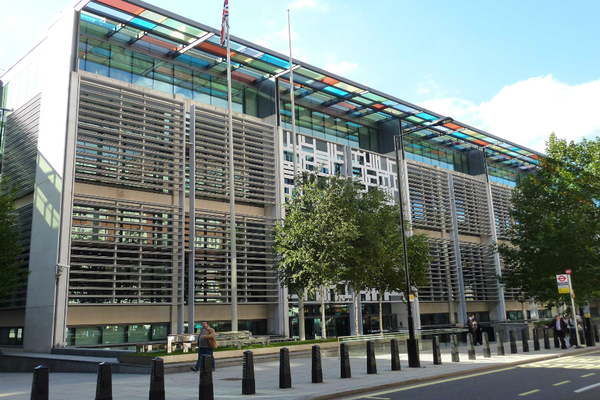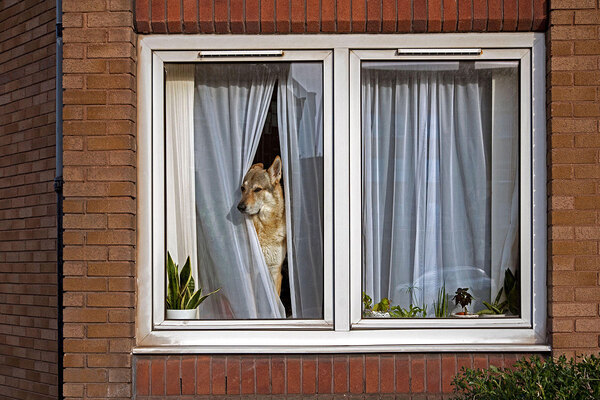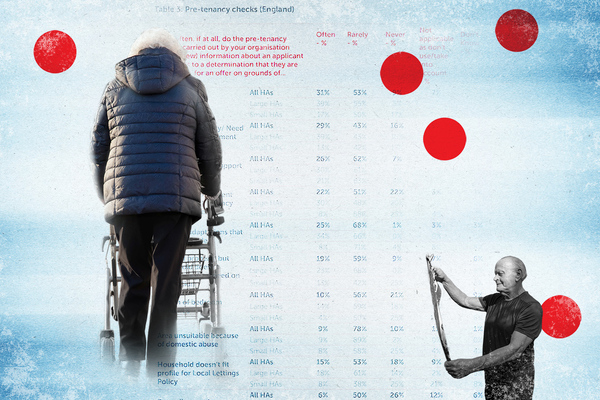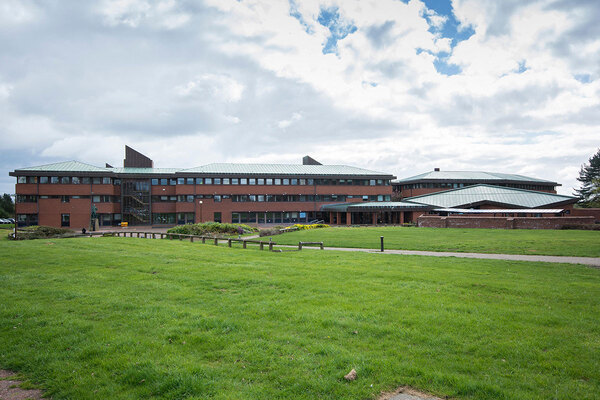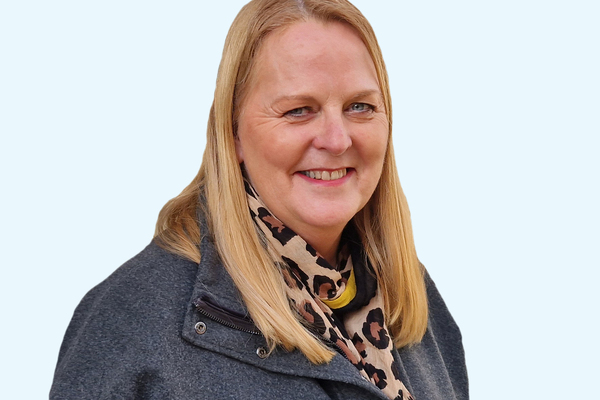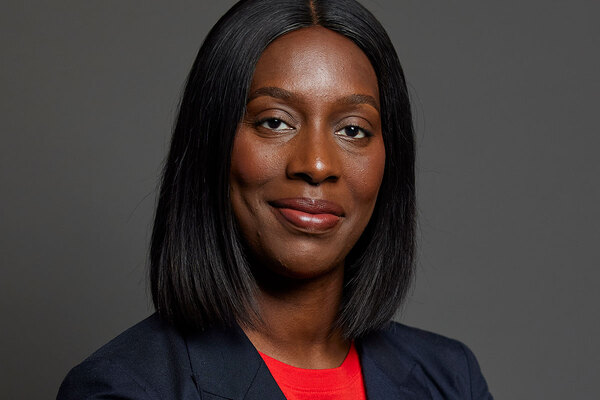You are viewing 1 of your 1 free articles

Why the housing sector must do more for refugees and asylum seekers
Fabian McLaughlan explains why he set up a series of events for housing during Refugee Week
It was in 2015 that the world saw pictures of three-year-old Alan Kurdi dead on the beach. Like many people, I was shocked by the images and donated money, but eventually became desensitised to what was happening in Syria.
It was a whole two years after this tragedy that I finally reconnected on a human level, when I saw images of Aleppo before the Syrian Civil War began, along with footage of the Gorillaz performing in Damascus in 2010. Seeing this normality forced me to recognise that the war wasn’t some vague event in some foreign land happening to someone else.
I finally realised that I was seeing people that were completely terrified, suffering and dying. I felt that just throwing money at the problem to hide my guilt wasn’t enough – I had to do something.
“Supporting people who are seeking asylum and have refugee status is both a legal and moral obligation. They are people and they have so much to give, if only we provide them with the platform to do so”
Soon, I began to volunteer at North East Solidarity and Teaching (N.E.S.T), a Newcastle University Students’ Union Go Volunteer project that supports refugees and asylum seekers and is entirely led by students and recent alumni.
Over the nearly four years that I have been involved with N.E.S.T, I have met people from as far west as Venezuela to as far east as Russia and encountered the breadth of backgrounds and beliefs that come with that range. Hundreds of people have come together to help each other and have created the most incredible, diverse and powerful community that I am so proud to be a part of.
But there isn’t a N.E.S.T everywhere. There is, however, another torture victim, another child that is mute because of their trauma, another tight-knit family whose mum never turns up to a session and you’re too scared to ask why but you already know.
In this sector, we understand what makes a home. We understand its importance and when we say that everyone deserves to have a place to call home, we have to mean everyone. Supporting people who are seeking asylum and have refugee status is both a legal and moral obligation. They are people and they have so much to give, if only we provide them with the platform to do so.
“So how can we give refugees and asylum seekers stable, good-quality homes? How can we help them to access the specialist services that they need?”
For the 1% of refugees and asylum seekers that live in the UK (compared with 85% in developing countries), arrival here does not always mean safety. Whether it is due to not having a safe space to live, no recourse to public funds, the impact of hate crimes or a variety of other reasons, refugees and asylum seekers in the UK can become lonely and homeless.
As a sector, how we act and what we do can play a significant role in supporting them. That is why, along with other Stonewater graduates on the GEM Programme, I organised a series of events across the recent Refugee Week to shine a light on the issues faced by refugees and asylum seekers, to raise funds to support those in refugee camps and encourage a conversation about what practical action we can take that will make a difference.
So how can we give refugees and asylum seekers stable, good-quality homes? How can we help them to access the specialist services that they need? How can we make sure that they are seen as members of our community that are deserving of help, rather than as a drain on already overstretched resources?
I don’t know all the answers, but I do know that in a sector as collaborative as ours, we can work it out together.
So, let’s take responsibility and take action. Because everyone deserves to have a place that they can call home.
Fabian McLaughlan, graduate, Stonewater; recruit, GEM Programme; and organisational development co-ordinator, North East Solidarity and Teaching
Related stories

